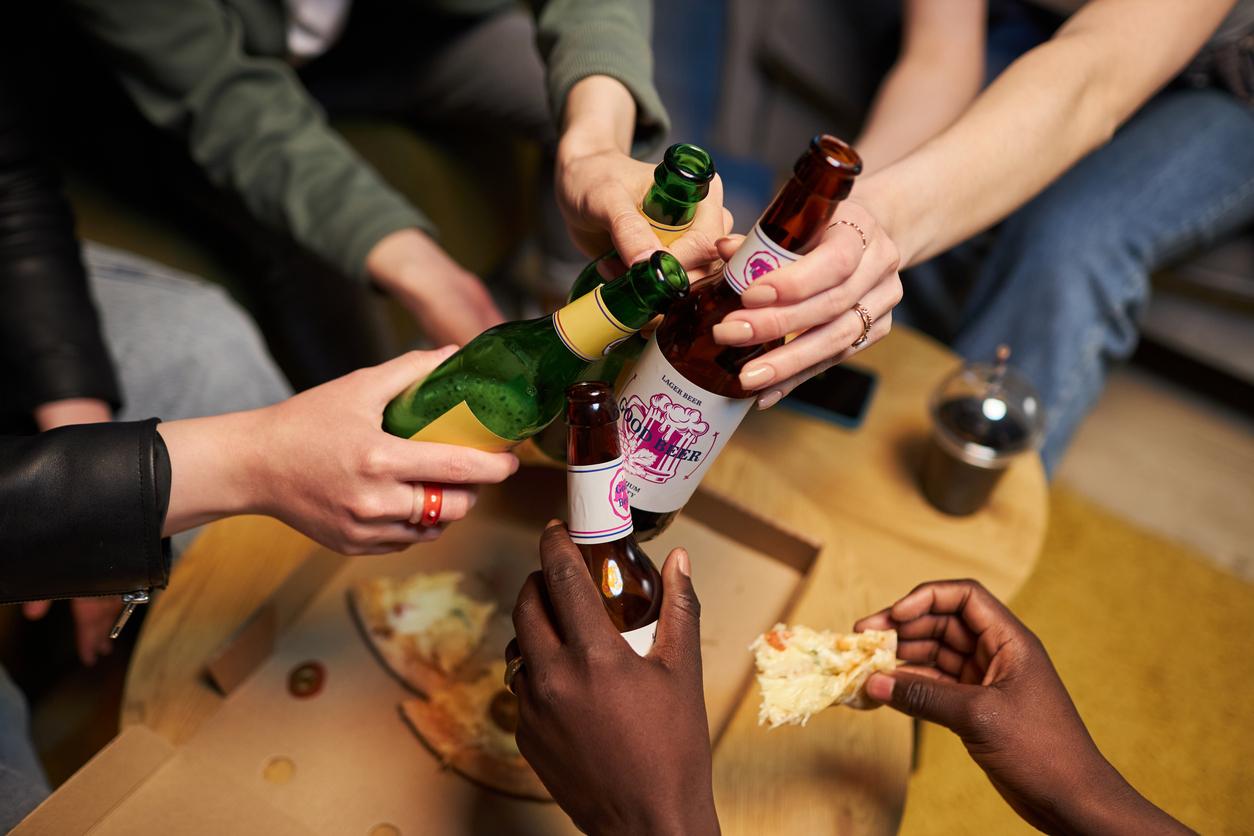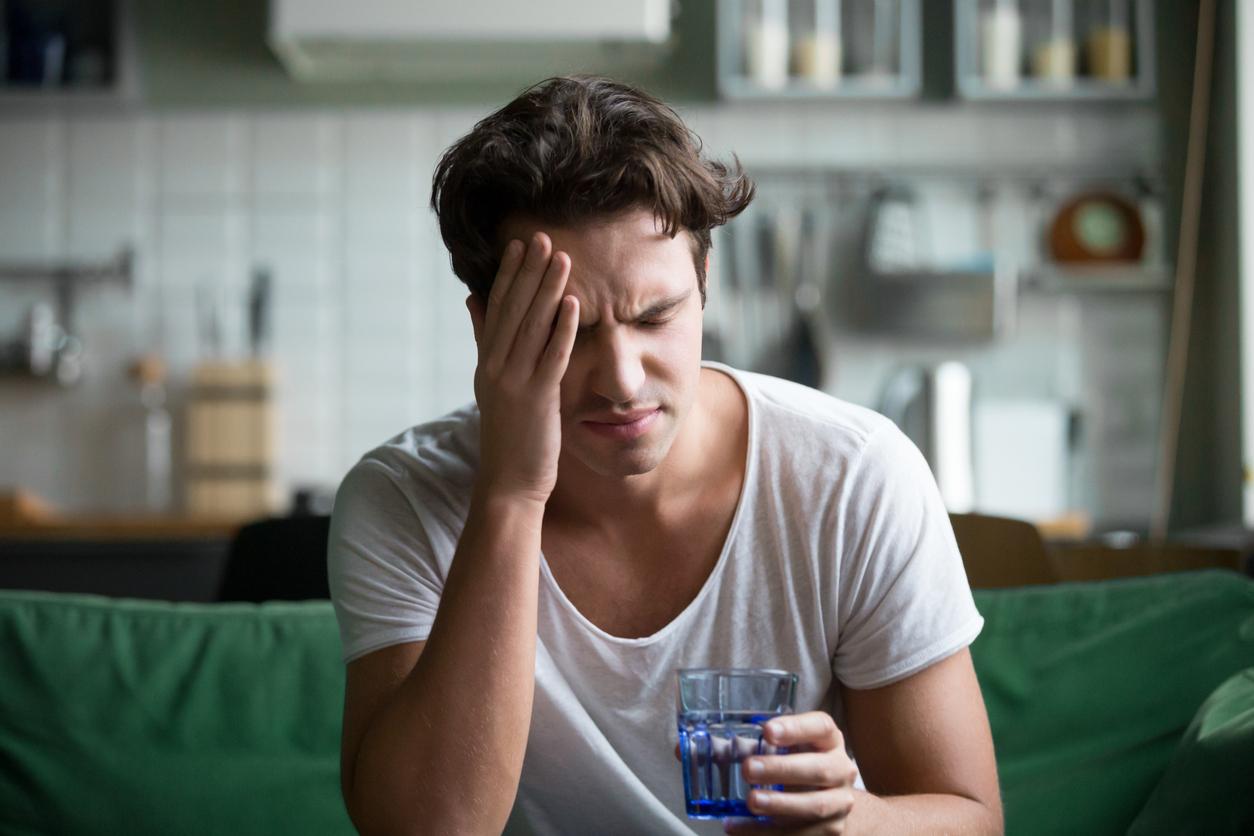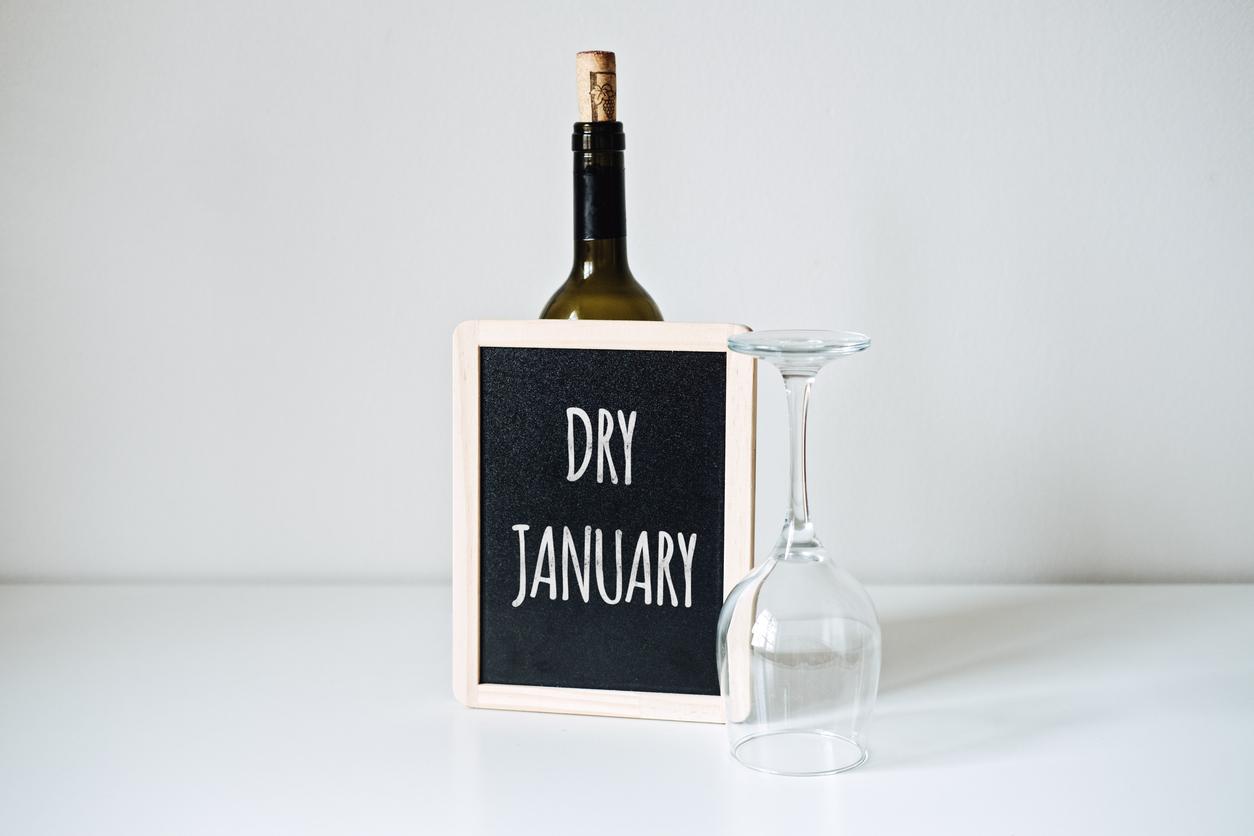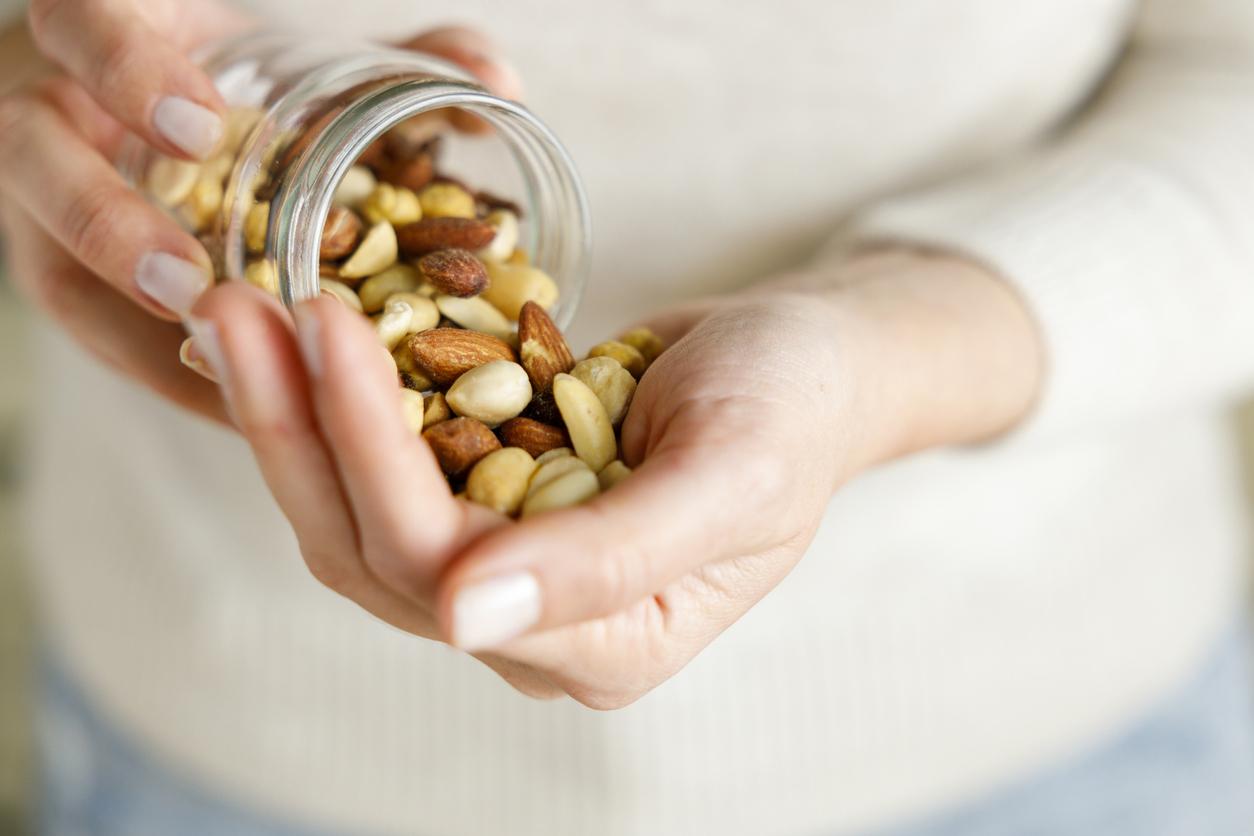In the Netherlands, a group of alcoholics responsible for nuisance cleans the streets of the city. In exchange, an association offers them beers and rolling tobacco.

Ten euros, half a packet of tobacco, rolling paper, but above all five cans of beer. This is how a Dutch association pays a dozen alcoholics to clean the streets of the city of Amsterdam. Astonishing scenes that the inhabitants of Amsterdam live, not unhappy in the end of this initiative which aims to pacify the sometimes agitated streets of the capital of the Netherlands. They go so far as to greet the cleaners as they pass. “They are doing something useful instead of hanging out in the park,” a lady interviewed on her doorstep told Agence France Presse (AFP).
Care never tested
“This is a group of chronic alcoholics responsible for nuisances in a park in Amsterdam, the Oosterpark: fights, noise, remarks not very pleasant to women”, explains Gerrie Holterman, in charge of the project. for the “de Regenboog” (Rainbow) Foundation.
So, to put an end to all this, the association decided to take charge of these agitators. With an original method to say the least …
The day of the small group of alcoholics begins around 9:00 a.m. Despite this early hour, these sick drink addicts receive two beers and also drink coffee. Once this little ritual is accomplished, they go to pick up the rubbish lying around in the streets of the city.
At noon, back at the association’s neighborhood center, they receive two more beers and a hot meal, then leave for a new tour of the neighborhood in the afternoon. The day usually ends with a last beer, always at the neighborhood house. The cleaners thus end their working day around 3:30 p.m. And in this small, well-established organization, trust reigns. Indeed, even if Gerrie Holterman usually carefully notes what each consumes to prevent some from drinking too much, if the latter goes for a walk, “it is the alcoholics themselves who note their drinks, without cheating”, confides he does.
Mixed results on alcohol consumption
At last, As for the effects of the project on the alcohol consumption of these people, the results are mixed. Vincent, 48, a former baker participating in the project notes: “When I come home, I have had my day busy and I don’t necessarily want to drink. And then, we also have a certain satisfaction, the feeling of work accomplished, of making our contribution to society despite the fact that we still drink, he adds. What is also good is that the beer we are given is a light beer, at 5%, and not an 11 or 12% beer, as I could drink before, ”concludes this forty-something.
Frank, another participant, is more skeptical: “We drink in a more structured way, that’s for sure, but I don’t think we drink less than before. When we leave here, we go to the supermarket and we will transform our ten euro bill into beers. And the other days, we simply fall back into our habits. “The latter recognizes in fact that during these days of rest, when the supermarket opens its doors at 8:00 am, we are the first to go and buy alcoholic drinks! “
.















